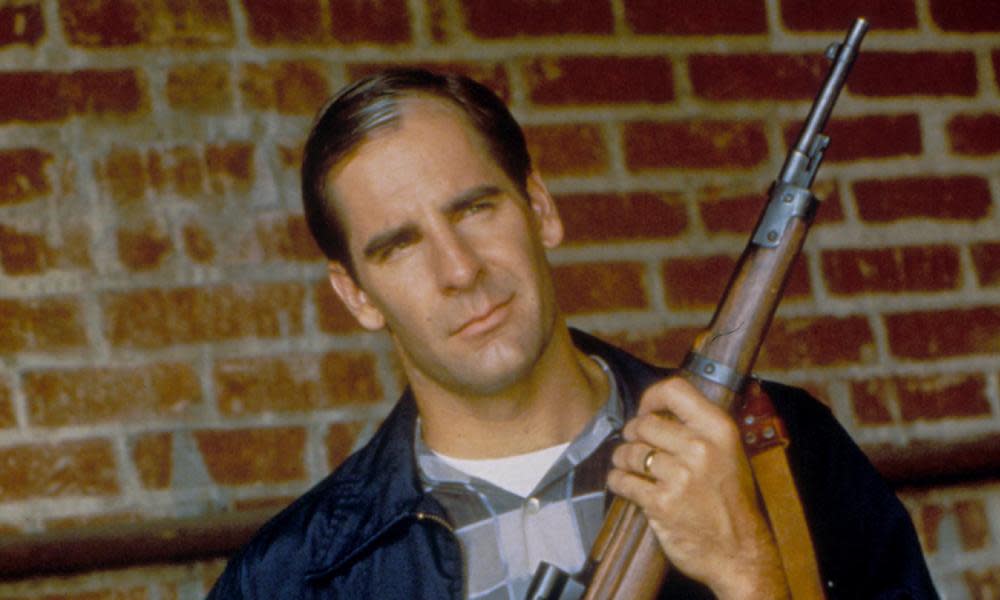When good TV goes bad: how Quantum Leap made one leap too far

Keep your salacious, scowling, morally compromised antiheroes. Doctor Sam Beckett – Quantum Leap’s time-hopping samaritan – was dependably the opposite, a sort of uncle hero. As played by the square-jawed Scott Bakula, Sam may have looked rugged but he was also relatable, a goofy but indefatigable do-gooder with six different doctorates, some sick kickboxing moves and a core decency so unshakeable it could apparently survive the existential trauma of frequent temporal displacement.
For five memorable seasons between 1989 and 1993, Sam didn’t just parrot the old maxim about walking a mile in another man’s shoes (or combat boots or high heels); he lived it. After a haywire physics experiment in 1999 sends him ping-ponging within the span of his own lifetime, Sam finds himself zapped abruptly into strangers like a one-sided Freaky Friday. With the help of horndog hologram Al (Dean Stockwell), Sam must intuit how to alter each current sliver of history for the better, clearing the cosmic runway for his next mercy mission.
Sporadic sci-fi signifiers such as Al’s eye-searing future-zoot suits disguised Quantum Leap’s old-fashioned heart. With the only recurring elements being the two main characters and Bakula’s bewildered catchphrase (“Oh boy!”), Quantum Leap was essentially an anthology series built around vivid, ever-revolving period trappings. These were standalone morality plays – literal time capsules – that interrogated what it meant to live, work and love in the US during the turbulence of the late 20th century. Sam did a lot of preventing accidents and foiling murders but Quantum Leap baked in social issues to reinforce its thesis: that compassion can and should trump prejudice.
Even below-par episodes were enlivened by the daisy-chaining preview of the next adventure, a moreish cliffhanger that would reveal Sam was suddenly a trapeze artist in mid-air, or a convict in the electric chair, or a cheesy magician about to be shish-kebabbed by a sword. By sweeping the board clear every week, Quantum Leap could claim to be essentially shark-proof.
Yet when it veered toward novelty, such as Sam leaping into a chimpanzee, Quantum Leap certainly began to inch over the fin. There was the spooky third-season episode where it was implied the good doctor had tangled with the actual devil, a shocker in all sorts of ways. Increasingly, instead of normal people with vaguely relatable problems, Sam found himself hijacking famous celebrities such as sex therapist Dr Ruth and a pre-fame Elvis. These stunt leaps cumulatively chipped away at the show’s original foundations.
But Quantum Leap definitively jumped the shark during the premiere of its fifth and final season, when Sam made his notorious leap into Lee Harvey Oswald. This divisive two-parter ignored the lure of conspiracies to present JFK’s assassin as a lone gunman. That was an unpopular creative choice but a defendable one. The real unforgivable sin was season five, taking Mike Post’s masterful original theme – a warm, welcoming bubblebath of soothing cocktail jazz – and remixing it into obnoxious, artificially energised nonsense. If only there was some way to go back and fix that …

 Yahoo News
Yahoo News 
